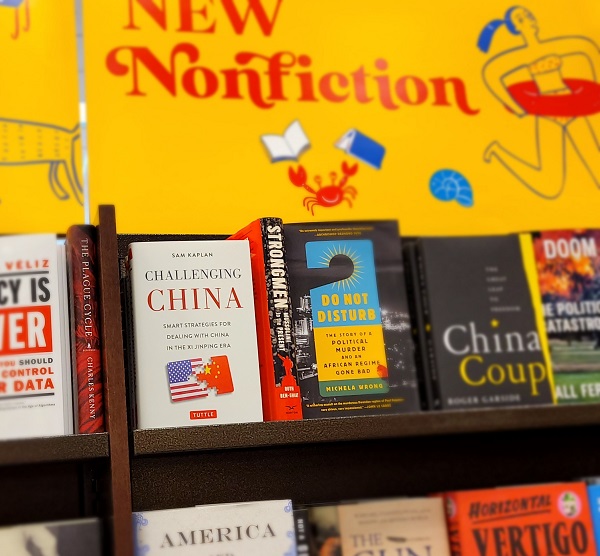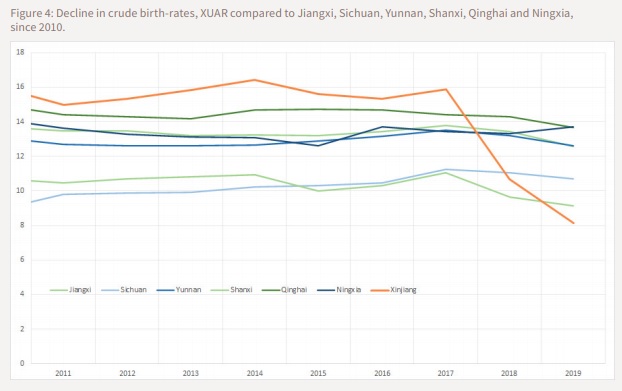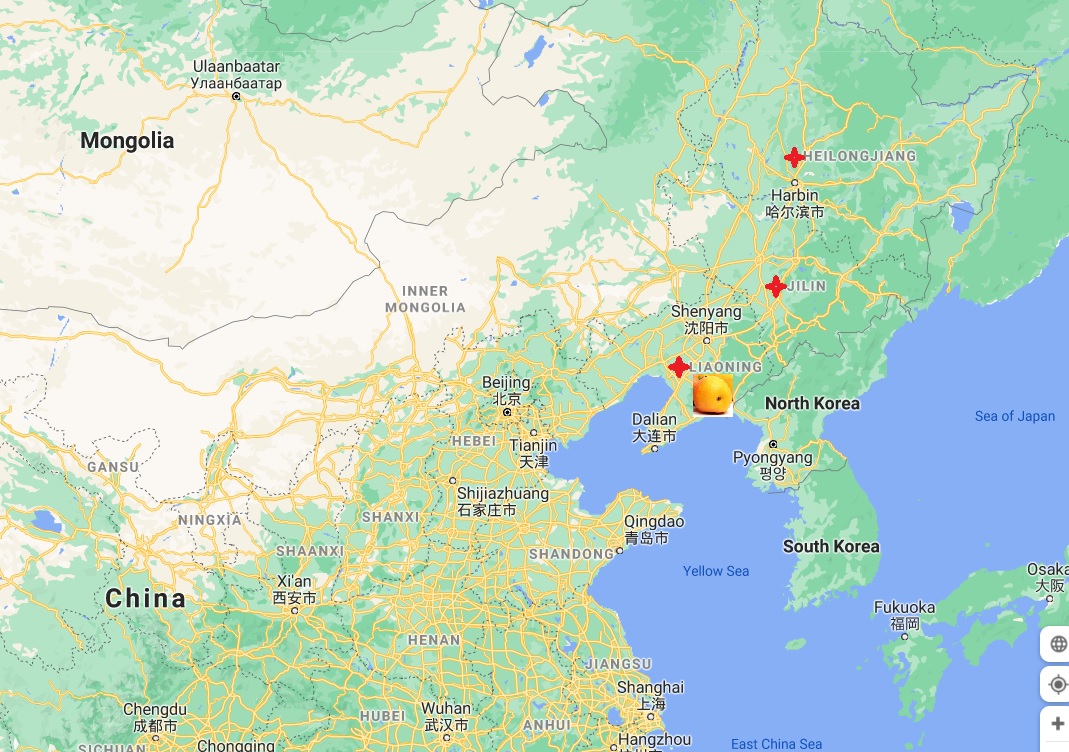At three am on Saturday night when our fever spiked to 102 after the second dose of the Pfizer vaccine, we nearly called up Jenny McCarthy to tell her we were joining her as an anti-vaxxer. But then as our mind cleared, we realized we didn’t have Jenny’s number (turns out it is not 867-5309), think anti-vaxxers are as foolish as our dreams of a Mariners World Series this year, and that soon enough we would feel better and be well-protected against the coronavirus. By Tuesday we did feel better. All was normal again. And yet, we wonder how long it will take for us to act normally. When we go to a crowded restaurant, indoor sporting event or a concert, will we flinch, freak-out or fret? Or will our mind quickly adjust and without even realizing it we will act as in the old days? We talk to friends and colleagues and they are along a wide spectrum. Some claim they will never do such things again unmasked. Others say they are not yet ready to fully venture into the world. Others tell us they are hung-over from the night before in a crowded bar. This makes us wonder if we have an overabundance of neurotic and drunken friends and colleagues. So how will we act? In two weeks, when the second dose has fully kicked in, we will find out. Also over the weekend in our feverish state, a friend sent a photo of our book at a Barnes and Noble in Chicago which you can see below. A year ago such a sight would certainly have meant we were hallucinating. But it’s now been a month since the official release of Challenging China so this week we present two clear-eyed stories about this important and troubling government and a third that we admit is perhaps pie-eyed. You be the judge. It’s this week’s International Need to Know, the vaccine for ignorance about what’s happening around the world (with fewer side effects).
Sweet Home Chicago: Deep Dish Pizza, Wilco, and now, Challenging China
Is it Genocide Against the Uyghurs?
We’ve been doing a number of talks about our book over the last month and occasionally attendees argue about whether China’s actions in Xinjiang constitute genocide. Most people have a popular conception of genocide as meaning sending people to gas chambers. But there is actually a definition for genocide under international law, specifically the Convention on the Prevention and Punishment of the Crime of Genocide. China’s policies to decrease the Uyghur population in Xinjiang some people feel qualifies under that Convention. For example, remember that China is forcibly sterilizing women. In general, they are putting in place a variety of policies to make having children difficult or impossible for Uyghurs. Last week came a report from the Australian Strategic Policy Institute with more data and evidence on this effort. The report states that:
Beginning in April 2017, Chinese Communist Party authorities in Xinjiang launched a series of “strike-hard” campaigns against “illegal births” with the explicit aim to “reduce and stabilise a moderate birth level” and decrease the birth-rate in southern Xinjiang by at least 4.00 per thousand from 2016 levels.
China has been remarkably successful in this effort. According to the report, “The birth-rate across the region fell by nearly half (48.74 percent) in the two years between 2017 and 2019.” To achieve this drastic reduction in births China instituted large fines, punished parents for having kids, interred women for “illegal births” and took other unsavory measures. The report states, “Family-planning officials in Xinjiang were told to carry out ‘early detection and early disposal of pregnant women found in violation of policy.’” This occurred, and is occurring, even as China works to increase the number of Han women having babies. It is these kinds of policies that have compelled people, including U.S. Secretary of State Antony Blinken, to label what China is doing in Xinjiang as genocide.
The Emptying of the Northeast
A few years ago we had preliminary discussions with some Chinese business people who were interested in exporting pear brandy to the United States from Liaoning Province in the northeast of China. The brandy was made from Nanguo pears grown in that region. Today, there is plenty of room to grow pears in Liaoning because there are far fewer people. A few weeks ago we noted the big news in China’s census that fertility rates are down to 1.5 children per woman and soon, if not already, that China’s population is shrinking. But there was some oversized pear information in that census, too, including that the population of northeast China—the provinces of Liaoning, Jilin and Heilongjiang—saw their population drop 30 percent over the past ten years. That’s mostly due to migration to more prosperous eastern provinces of China. That, combined with low birth rates, means this part of China is aging the fastest. According to the South China Morning Post, “In Liaoning, which borders North Korea, a quarter of residents were older than 60 last year, the highest ratio among all 31 of China’s provincial-level jurisdictions.” The pear brandy was excellent, by the way. Let’s hope it ages well.
China Corner: How To Solve the Olympics
The International Olympic Committee is one of the seven most corrupt institutions on earth. Fortunately their power is mostly limited so we confine ourselves to ridiculing them and their conspirators. But China’s hosting of the 2022 Winter Olympics does present a challenge for the world. China wants to use the Olympics stage to send out their propaganda and messages. Those calling for boycotts of the China Olympics are rightly worried that we are giving sanction to an authoritarian regime committing all sorts of atrocities, including genocide against Uyghurs. But, a boycott of the Olympics is unlikely to happen and even if it did, it’s not clear it would be any more effective than was the boycott of the 1980 Soviet Union Olympics. We have what is perhaps a quarter-baked idea for a strategy that might be more effective than a boycott. We would like to see a non-profit raise money and use the funds to buy advertisements on NBC in America, CBC in Canada, the BBC in the UK, whoever are the broadcasters in Germany, India and other countries. The advertisements would provide information on China’s human rights transgressions. One ad could focus on the arrest of human rights lawyers and activists. Another on their crackdown on the feminist movement in China. Another on the genocide against Uyghurs. At the 2018 Winter Olympics, the cost to air an ad was around $100,000. Let’s assume $150,000 for the 2022 Olympics. For $3 million the nonprofit could buy 20 ads. That, we’re sure, is less than the number of Budweiser or McDonald’s advertisements we’ll watch while gazing at top-notch athletes who presumably did not drink Bud Light or eat fries while training. But it would be enough to gain attention. It would help turn the Olympics from a showcase for China’s accomplishments to one illustrating their damaging authoritarianism. We explain our idea more fully here. Feel free to email us on how to fully bake our quarter-baked idea or if instead you think we should pull it out of the oven and jam it into the garbage disposal.





